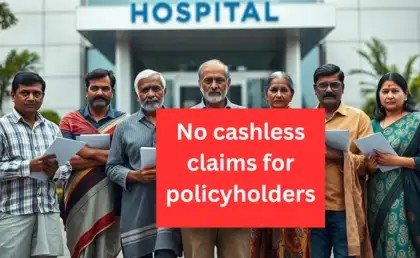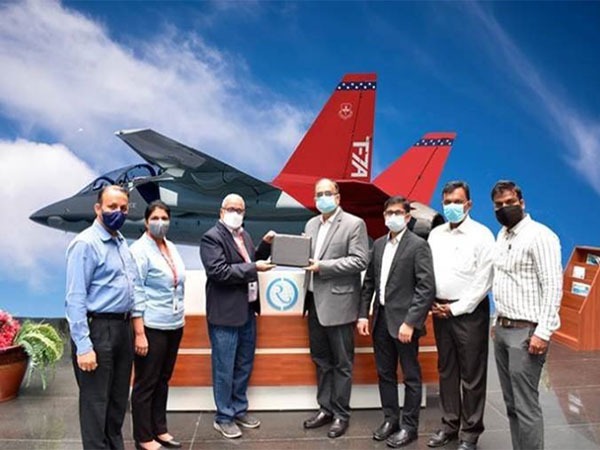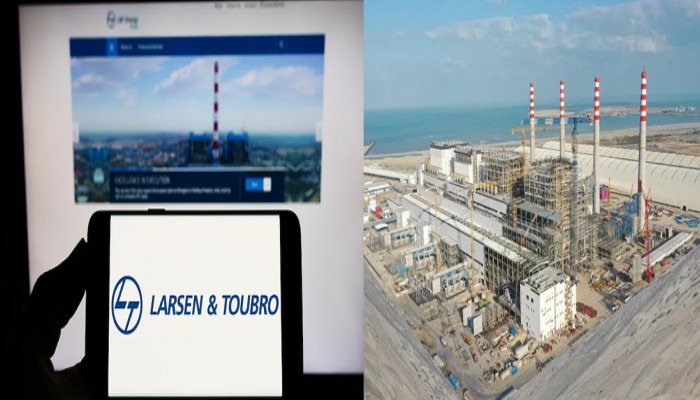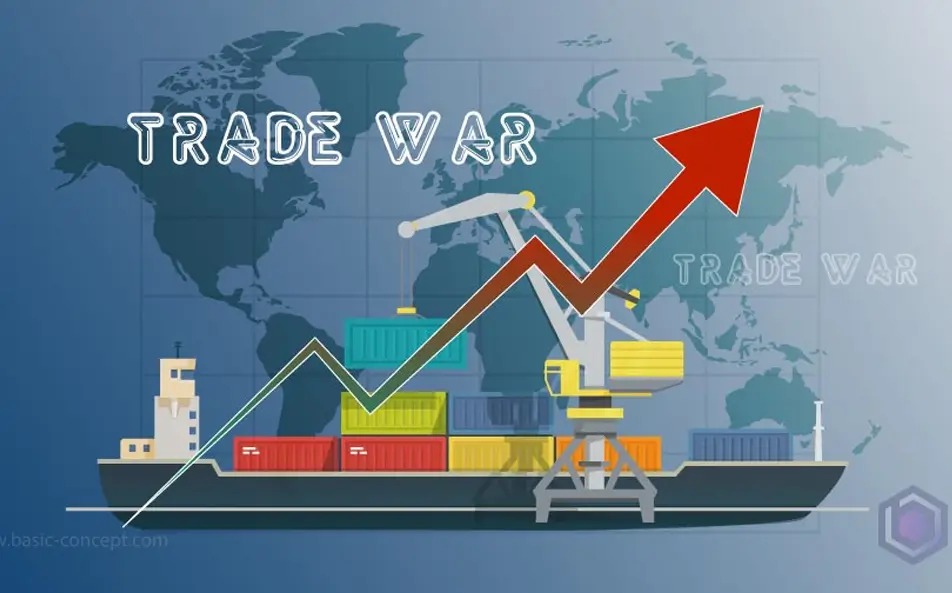
Follow WOWNEWS 24x7 on:

The ongoing clash between hospitals and insurance companies over the suspension of cashless medical treatment has triggered concern among millions of health insurance holders. With major hospital groups threatening to withdraw cashless services for certain insurers, patients face the risk of bearing hefty out-of-pocket expenses during emergencies. This standoff, arising from unresolved disputes on tariffs, claim settlements, and reimbursement practices, has created confusion and anxiety in the health insurance ecosystem.
Key Highlights Of The Dispute
The Association of Healthcare Providers India (AHPI), representing over 15,000 hospitals, has warned of suspending cashless services for policyholders of insurers like Star Health and Bajaj Allianz
Hospitals allege insurers have failed to revise tariffs despite rising medical inflation, causing financial strain
Issues include arbitrary deductions from claims approved by insurers and abrupt withdrawal of cashless services affecting patient care
Insurance bodies, including the General Insurance Council (GIC), have called for dialogue and resolution, emphasizing harm to policyholders
Disruption of cashless services directly increases upfront payment burdens, threatening treatment accessibility and patient safety
Why Hospitals And Insurers Are Clashing
Hospitals argue that insurers have kept tariff rates stagnant for years despite healthcare costs rising sharply—often between 7% and up to 14% annually. This mismatch puts pressure on hospital revenues and compromises their ability to maintain quality services. Additionally, hospitals have raised concerns over insurers making unexplained deductions even on claims previously approved, which undermines trust and financial viability.
On the other side, insurers contend they operate within regulatory frameworks defined by the Insurance Regulatory and Development Authority (IRDAI). They highlight that the absence of a unified regulatory mechanism governing hospitals leads to unilateral actions by hospital associations, causing market instability. The refusal to update tariffs by insurers stems from the need to balance rising treatment costs and premium affordability for policyholders.
Impact On Health Insurance Holders
For policyholders, the suspension of cashless treatment means losing a critical benefit that eliminates the need for upfront payments at hospitals. Without cashless access, insured patients must pay out of pocket and seek reimbursement later, which can be cumbersome and delay essential care. This situation particularly affects emergency cases where immediate medical attention is crucial, putting patient health at risk.
Moreover, the extended disagreement has cast uncertainty over insured individuals’ trust in the health insurance system, sowing fear about when and where they can avail treatment without financial hassle. The disruption also potentially increases medical debt and financial stress, especially for middle-income and vulnerable families.
What Health Insurance Holders Should Do Now
Review the Network Hospitals: Check if hospitals in your vicinity continue to offer cashless treatment for your insurance provider. Some hospitals may still provide services despite the general warning.
Keep Emergency Funds Ready: Since upfront payments might become necessary, having a liquidity buffer can mean the difference between timely and delayed care.
Maintain Clear Documentation: In case you have to pay upfront, preserve bills, discharge summaries, and related documents meticulously to file for prompt reimbursement.
Contact Your Insurer: Stay updated through direct communication with the insurer about any changes in the cashless facility status and alternative options available.
Consider Policy Portability: If disruptions persist, explore transferring your health insurance policy to other insurers with stable hospital tie-ups and better service records.
The Regulator’s Role And Resolution Efforts
The Insurance Regulatory and Development Authority of India (IRDAI) strongly advocates for 100% cashless treatment availability, viewing it as essential to safeguarding patient interests. It has urged stakeholders to resolve disputes amicably and ensure uninterrupted services. IRDAI also monitors complaints and facilitates dialogues but does not have direct regulatory control over hospital pricing, which complicates enforcement.
Past incidents, such as the dispute between AHPI and Bajaj Allianz, were resolved through negotiations, demonstrating that collaborative engagement can restore critical facilities. Industry experts believe ongoing conversations and mediated agreements remain the best way forward to secure seamless cashless treatment for policyholders.
Looking Ahead: Building Trust In The Insurance Ecosystem
This conflict spotlights the fragile balance within India’s healthcare and insurance ecosystem. While rising medical costs necessitate tariff revisions, consumers simultaneously demand accessible and affordable treatment. For long-term stability, enhanced transparency in claim settlements, fair tariff setting, and structured regulatory oversight for hospitals are crucial.
Health insurance holders can look forward to clearer policies, improved communication from insurers, and stronger protections as reforms unfold. Meanwhile, awareness and preparedness remain essential to navigate this uncertain phase effectively.
Sources: Economic Times, New Indian Express, Indian Express, Moneycontrol, AHPI statements, General Insurance Council reports






